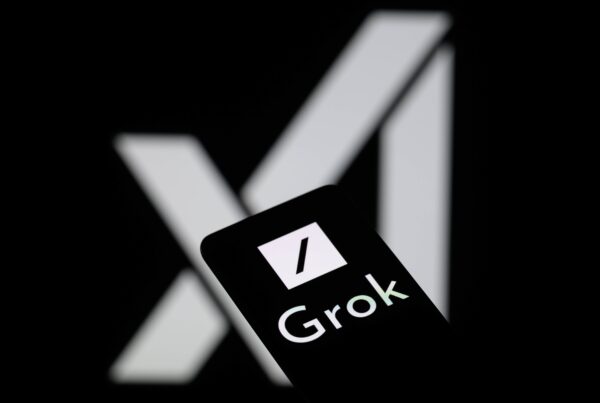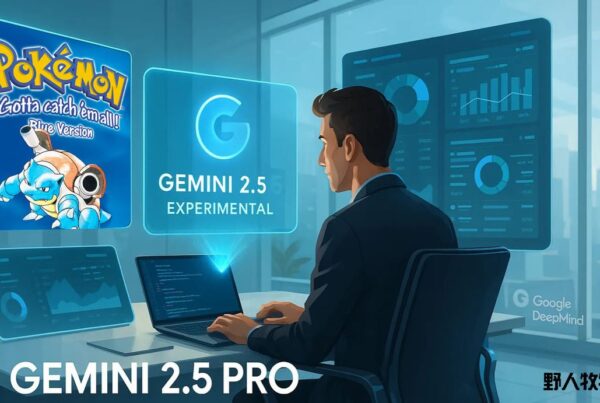
Let’s face it: figuring out how good an AI model really is can feel like reading a report card written in ancient Greek. Is it smart? Sure. But smart how? And compared to what?
Well, OpenAI—yes, the company behind ChatGPT—is stepping in with a bold new idea to clean up the mess. They’re launching something called the OpenAI Pioneers Program, and its mission is to create new, better ways of testing how well AI models perform in the real world.
Why Do We Need New AI Benchmarks Anyway?
Right now, many of the tests used to measure AI performance are… weird. Think: “solve this PhD-level math problem” or “identify abstract patterns that barely apply to anything you do at work.” That’s like judging a chef based on how fast they can peel 50 potatoes blindfolded—it might be impressive, but does it really tell you how good their food tastes?
To make things worse, some AI benchmarks can be gamed. In other words, models can be trained specifically to ace the test without actually being better in practice. It’s like training for the SATs by memorizing the answers to last year’s test.
So What’s OpenAI Doing Differently?
With the Pioneers Program, OpenAI wants to build domain-specific benchmarks. Translation: they’re creating custom tests for AI models that are designed for particular industries—like law, healthcare, finance, insurance, and accounting.
Instead of judging AI on weird brain teasers, this new approach will measure how well it performs in real-world scenarios. Think: Can this AI help an accountant sort out messy spreadsheets? Can it support a lawyer reviewing legal contracts? You know, the stuff people actually do on the job.
Who’s Getting Involved?
The first wave of this program will focus on startups—companies already building cool, practical AI tools with real-world impact. OpenAI is hand-picking a small group to help build these benchmarks from the ground up.
And here’s the juicy bit: these companies won’t just help design the tests—they’ll also get to work with OpenAI’s own team to make their AI models even better. They’ll be using a fancy technique called reinforcement fine-tuning (basically training the AI to get better at a specific task it keeps practicing over and over).
Sounds Great! But What’s the Catch?
Some experts are raising eyebrows. If OpenAI is designing the tests and helping companies score better on them, there’s a potential conflict of interest. After all, if you write the test and hand-pick the winners, can you really call it fair?
OpenAI says they’ll be publishing these benchmarks publicly and working with multiple companies, not just their friends. Still, the big question remains: will the broader AI community trust a system built by one of the biggest players in the game?
Why This Matters to You
Even if you’re not knee-deep in algorithms, this matters. The better we can measure how AI performs in the real world, the more useful and reliable these tools will become in our everyday lives—whether you’re filing taxes, writing a resume, or diagnosing a weird problem with your car.
So while OpenAI’s new initiative is still in its early days, it could be a big step toward making AI more helpful, more accountable, and way less mysterious.

OpenAI Wants to Fix AI’s Report Card — Here’s What That Means for the Rest of Us




